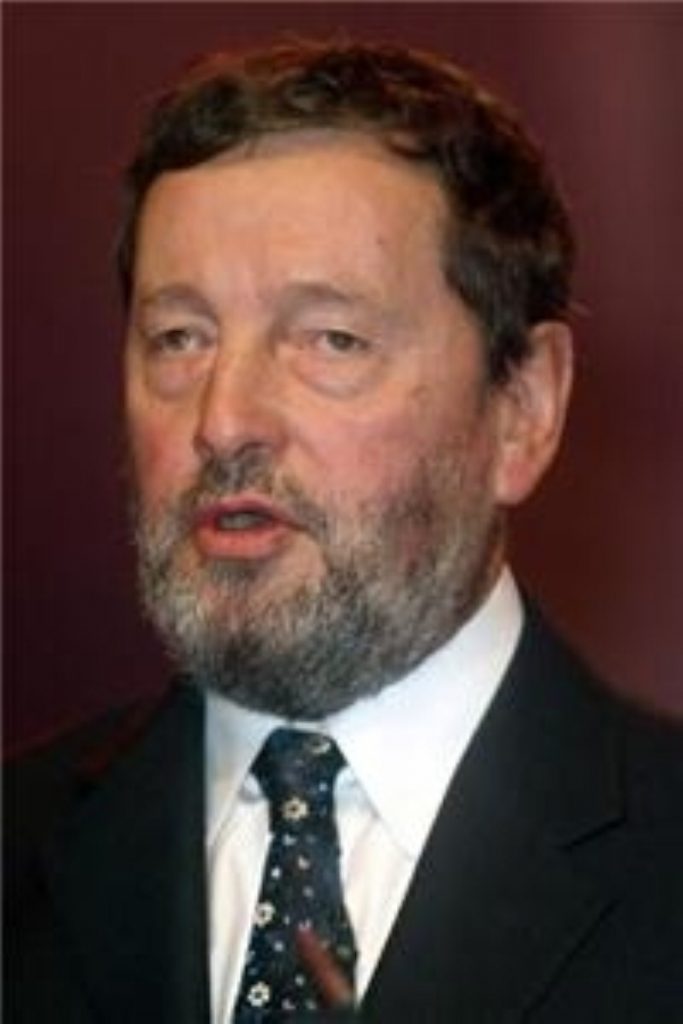Blunkett promises corporate killing law
David Blunkett has confirmed plans to overhaul corporate manslaughter laws making it possible to hold companies responsible for deaths caused by their own negligence.
The Home Secretary made the announcement in the House of Commons following an attempt by Labour backbencher, Andrew Dismore to have it included in the Criminal Justice Bill – it is thought 50 Labour MPs supported his amendment.
Campaigners pushing for the legislation argue that current manslaughter laws act as a barrier to prosecuting large companies because it is necessary to identify an individual as the ‘controlling mind of the company’ to secure conviction.
Rail crash victims in particular have lobbied the Government to deliver on a commitment made in the Labour party manifesto in 1997 and repeated in 2001, to introduce a corporate killing offence.


The proposed legislation will make it possible for directors of corporations to be found guilty of killing if a management failure is found to be the cause of death and that failure is found to constitute conduct far below what could reasonably be expected.
Mr Dismore, who has been pushing for the changes to legislation since representing victims of the Kings Cross fire in his capacity as a lawyer, welcomed the move.
In an interview on BBC Radio Four’s ‘Today’ programme, he said: ‘I’m confident the Government is taking major steps forward’.
‘What it would mean is that society as a whole, rather than through an individual compensation case, can say this company has fallen far below the way it should have conducted itself.’
He continued: ‘I hope the bill will go further and say individual company directors will also be liable, because I believe that unless individual directors are under personal obligations, they will never take safety as seriously as they do the need to make profits.’
However, relatives of people who died in such circumstances condemn the delay.
Speaking on the same programme, Anne Jones, whose son Simon, was killed working at Shoreham docks on his first day of a casual contract in 1998, said she was tired of hearing that the legislation would be enacted ‘when Parliamentary time allows’.
She said: ‘That is the biggest cop-out on earth because Parliamentary time never allows it.’
She also accused the Government of always managing to find: ‘Parliamentary time for whatever their pet projects are’.
Mr Blunkett’s announcement was made ahead of the final report stage of the Criminal Justice Bill. Some commentators suggest that the timely move was made to head off unrest as the Government faced yet another backbench revolt on key legislation.
Thirty-three Labour MPs joined the Tories and the Liberal Democrats to try to block plans included in the Bill to remove juries from complex fraud trials, reducing the Labour majority to 72.
The Government majority was also trimmed to 81 over plans to allow judges to sit alone of there is a risk of jury tampering.












